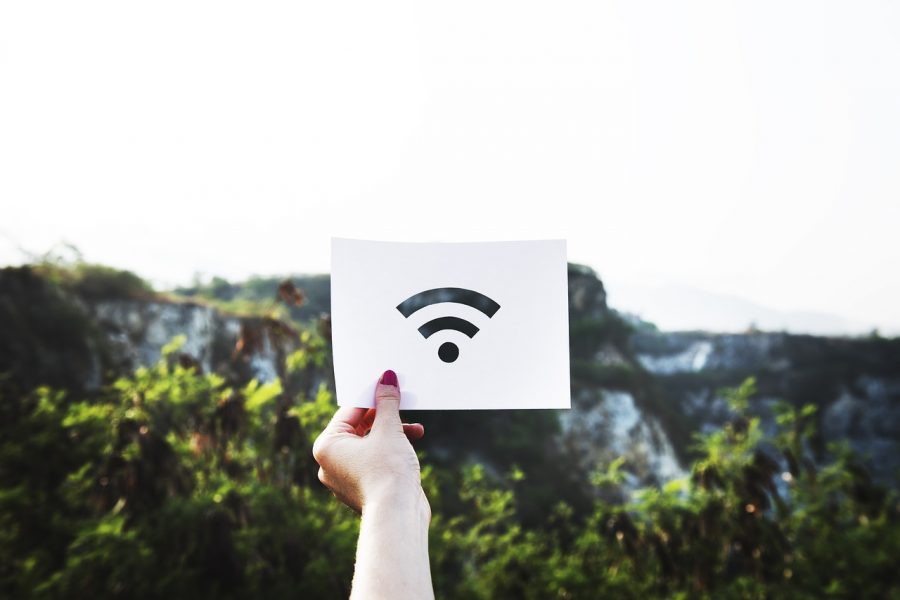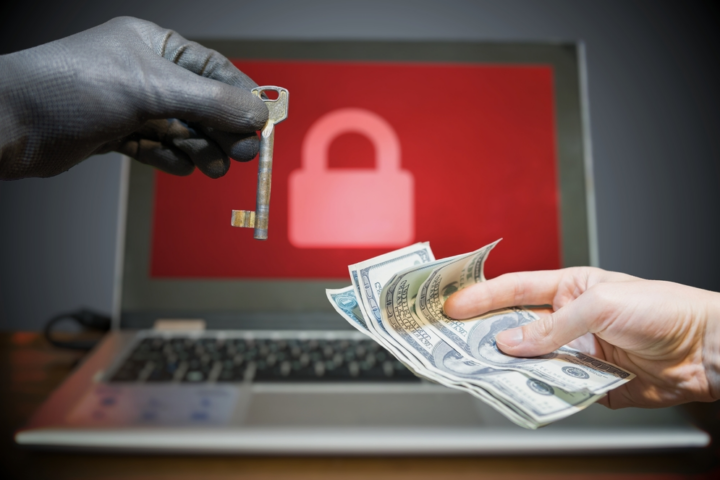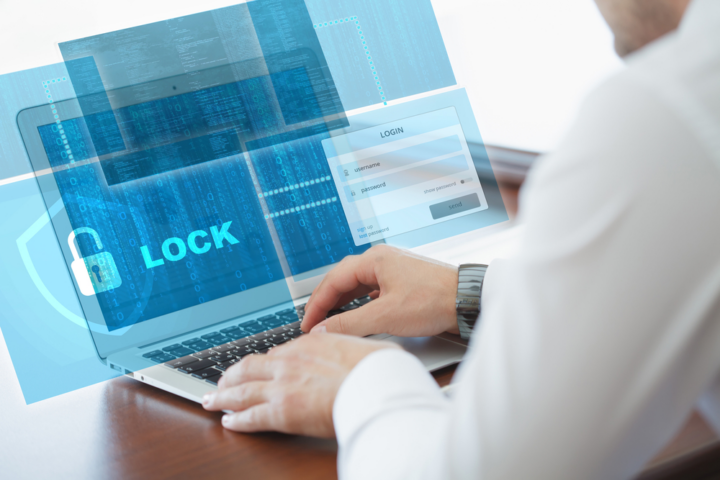In a mobile world, using public WiFi is not just a convenience, sometimes it can be a necessity. Using public WiFi, however, can also make you vulnerable to a whole slew of digital attacks. Thankfully, there are a number of ways to keep both your devices and your information safe, even when using public WiFi. Here are 5 ways to stay safe when using public WiFi.
1. Use a VPN Service
A VPN service creates a Virtual Private Network wherever you are. A Virtual Private Network is essentially a digital “tunnel” through which all of your data and communication travels that keeps it secure from attack. VPN’s are available as both free and paid services. Not only does a VPN create a tunnel for your data to travel through, but it encrypts data on your end so that it is unreadable as it travels. When data is encrypted, even if it is intercepted, it still can’t be read by whoever intercepts it.
2. Boost Password Security
Every year SplashData issues a list of the top 100 most used passwords of the previous year. The list is compiled from over 5 million passwords leaked by hackers onto the internet. Again and again, year after year, the passwords “123456” and “password” continue to be in the top 5. Make sure that every one of your accounts has a strong, unique password.
Of course, keeping track of multiple unique passwords is almost impossible, so use a good password manager instead. In addition, you should also enable two-factor authentication wherever possible as well. Two-factor authentication will send a code to another one of your devices that needs to be entered on the device you are trying to access. This means that even with your password, if someone tries to access an account without your permission, they will be unable to without you authorizing it.
3. Update Security Software Often
Not only should you have good antivirus and antimalware software installed on your computer, but it needs to be updated regularly. In fact, it’s best if you set your computer to auto-update as soon as an update become available. Hackers and data thieves are constantly looking for vulnerabilities in security software. Once they find one, it only takes a few seconds to share that with others. Security companies, however, are also always monitoring for break-ins and generally create patches within hours of a vulnerability being detected. If you don’t update your software, you are still vulnerable. In addition, security software can also alert you if your system becomes compromised while connected to an unsecured network.
4. Always Check For HTTPS
Most browsers will now give you a warning when you are visiting a site that is not a secure site. HTTPS sites use encryption to ensure that any information that you send or is sent to you is secure. Regular websites just transfer content in plain text that is easily readable by anyone that may intercept the data. It is always important to specifically check and make sure you are on an HTTPS site, because many browsers will automatically reroute to an HTTP site if it can’t make an immediate connection with an HTTPS site. If you can’t make a connection with an HTTPS site or if the website you are visiting does not offer an HTTPS site, you can also create your own encrypted connection with the HTTPS Everywhere extension.
5. Turn Wifi Off When Not in Use
Your security software sending you a warning about a potential threat doesn’t do you a whole lot of good if you aren’t looking at your device screen. While you may connect to a VPN when you are using your laptop or other devices, as you travel, your device automatically looks for other WiFi networks and can sometimes automatically connect to open networks.
One way to avoid this is to simply turn off your WiFi when you are not using it. Another way to avoid this is to enable that setting that keeps your laptop or devices from automatically connecting with open networks without authorization. This is also true of file sharing or AirDrop options. You want to be particularly careful to turn those off as well, or they might end up in the wrong hands.
Final Word
Public WiFi is a convenient service that can be safe to use if you use it carefully. Not only is it important to protect all of your personal information and data, but if you happen to need to connect to your office computer, then hackers and thieves can use your connection as a portal to steal all your company data as well. You can significantly reduce this risk, however by simply ensuring any data that is transferred is also encrypted. Any time you are away from home or your secured network, it is important to take every precaution to keep your information, your data and your devices safe and secure.



